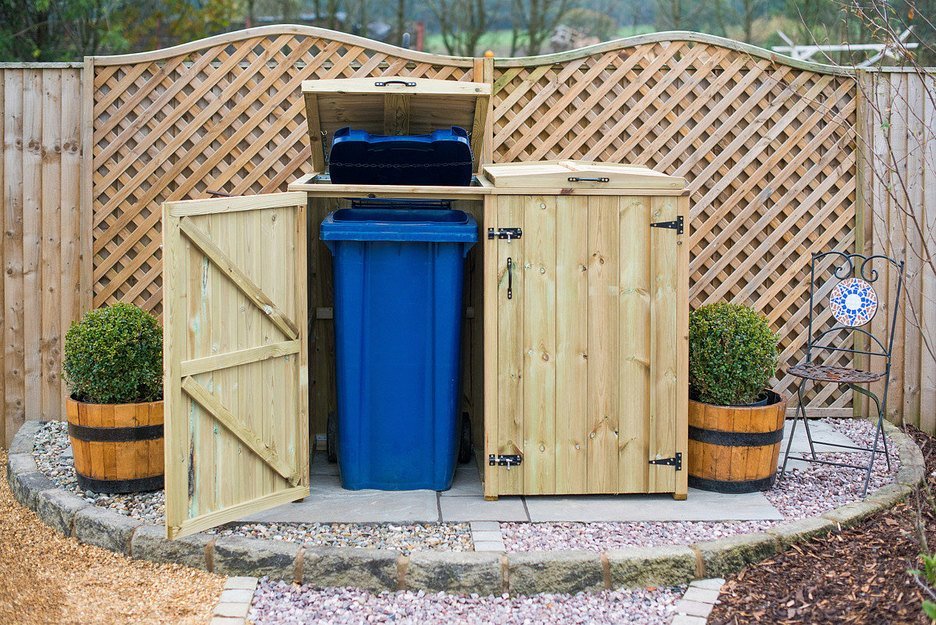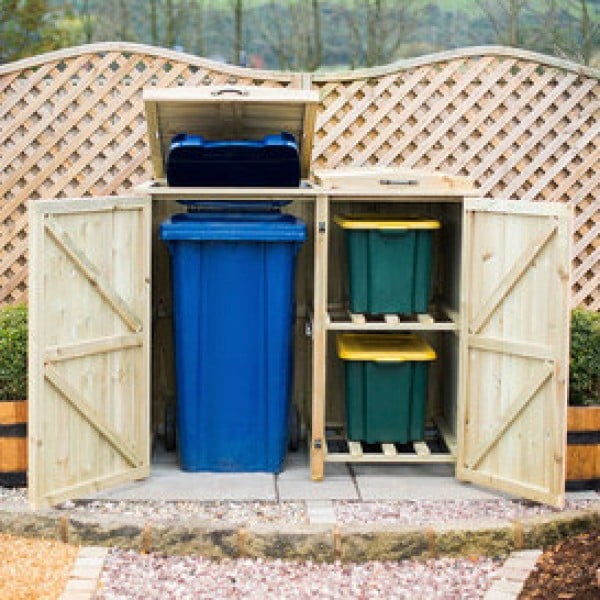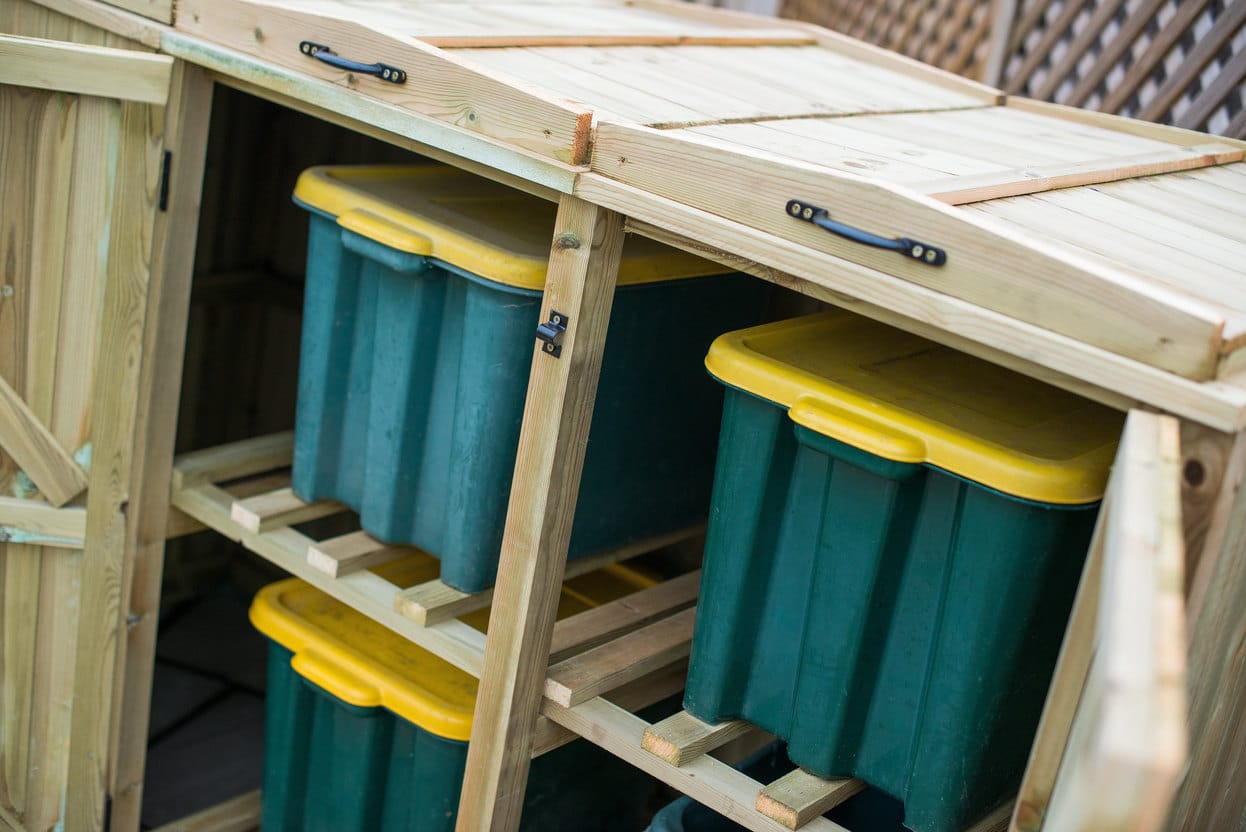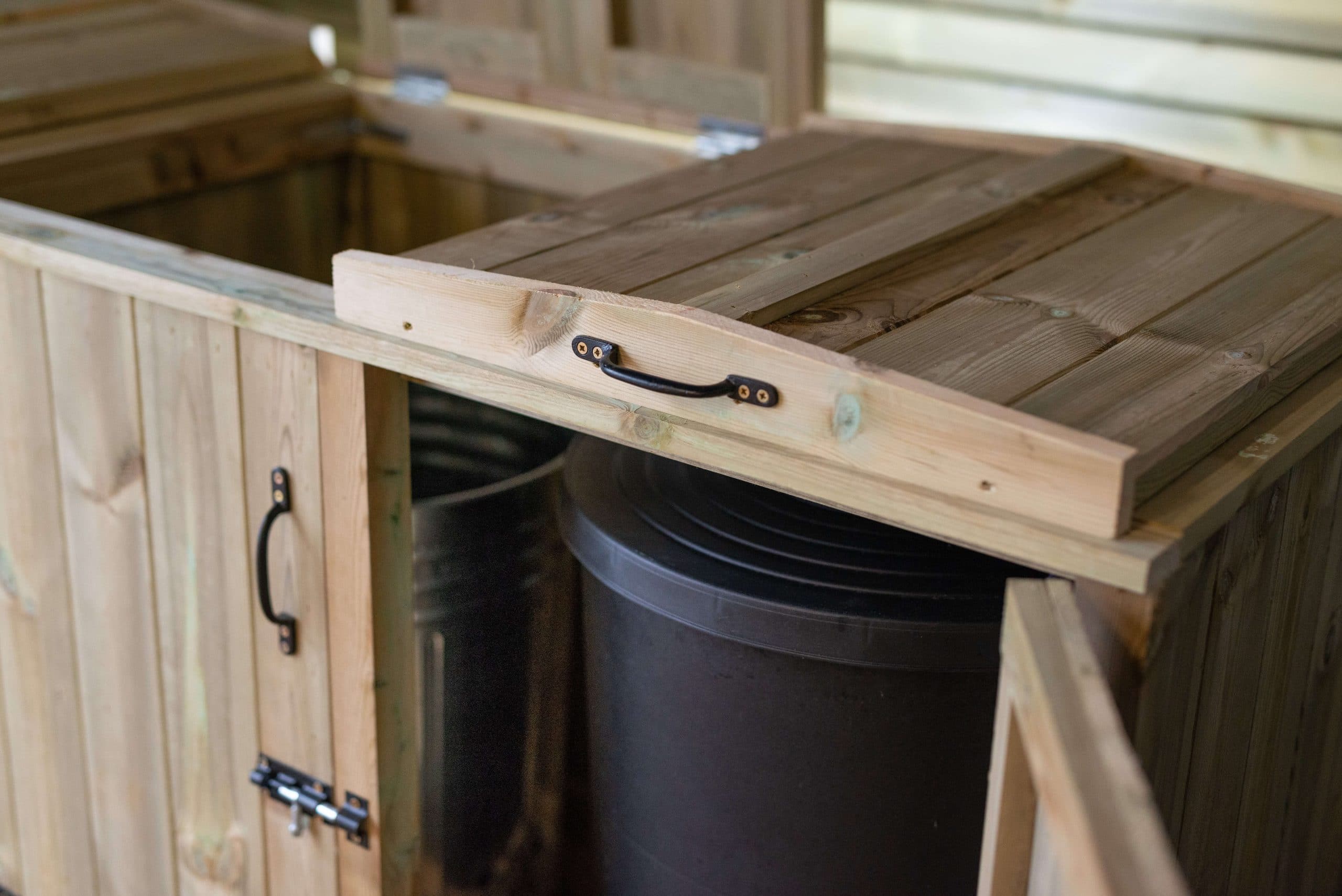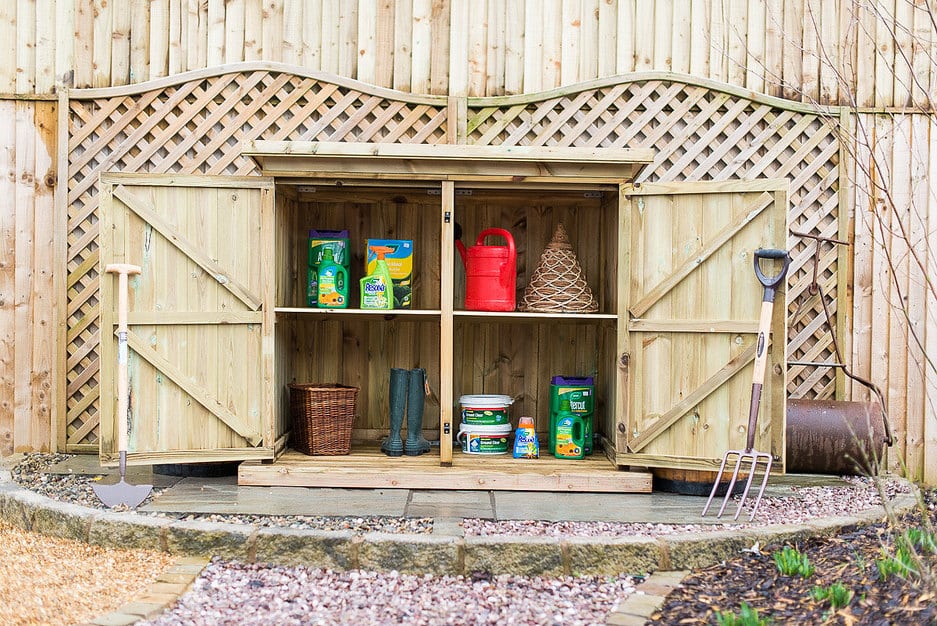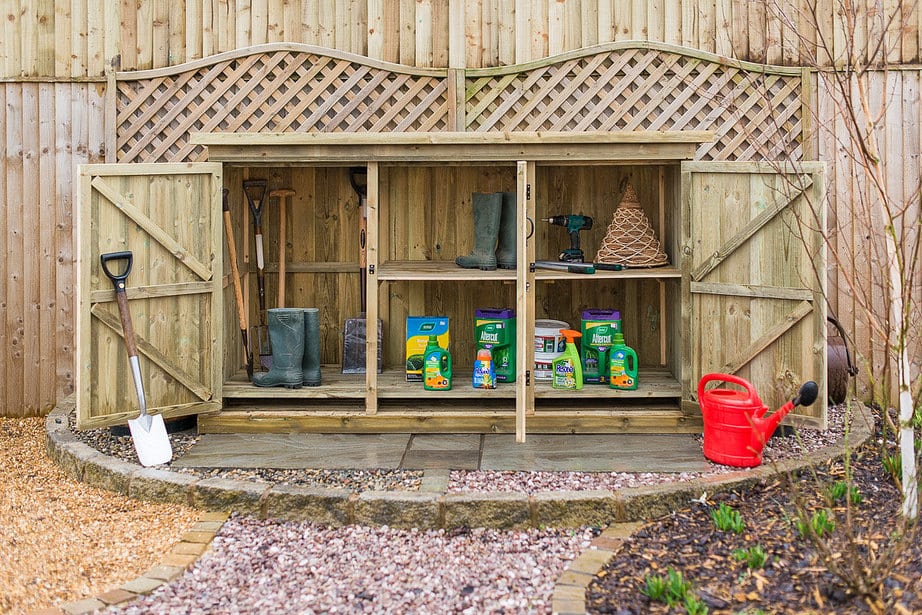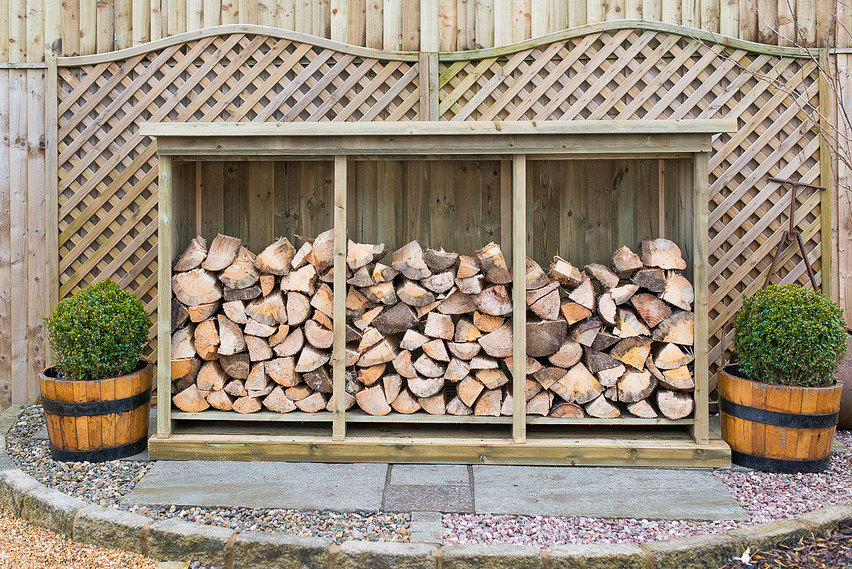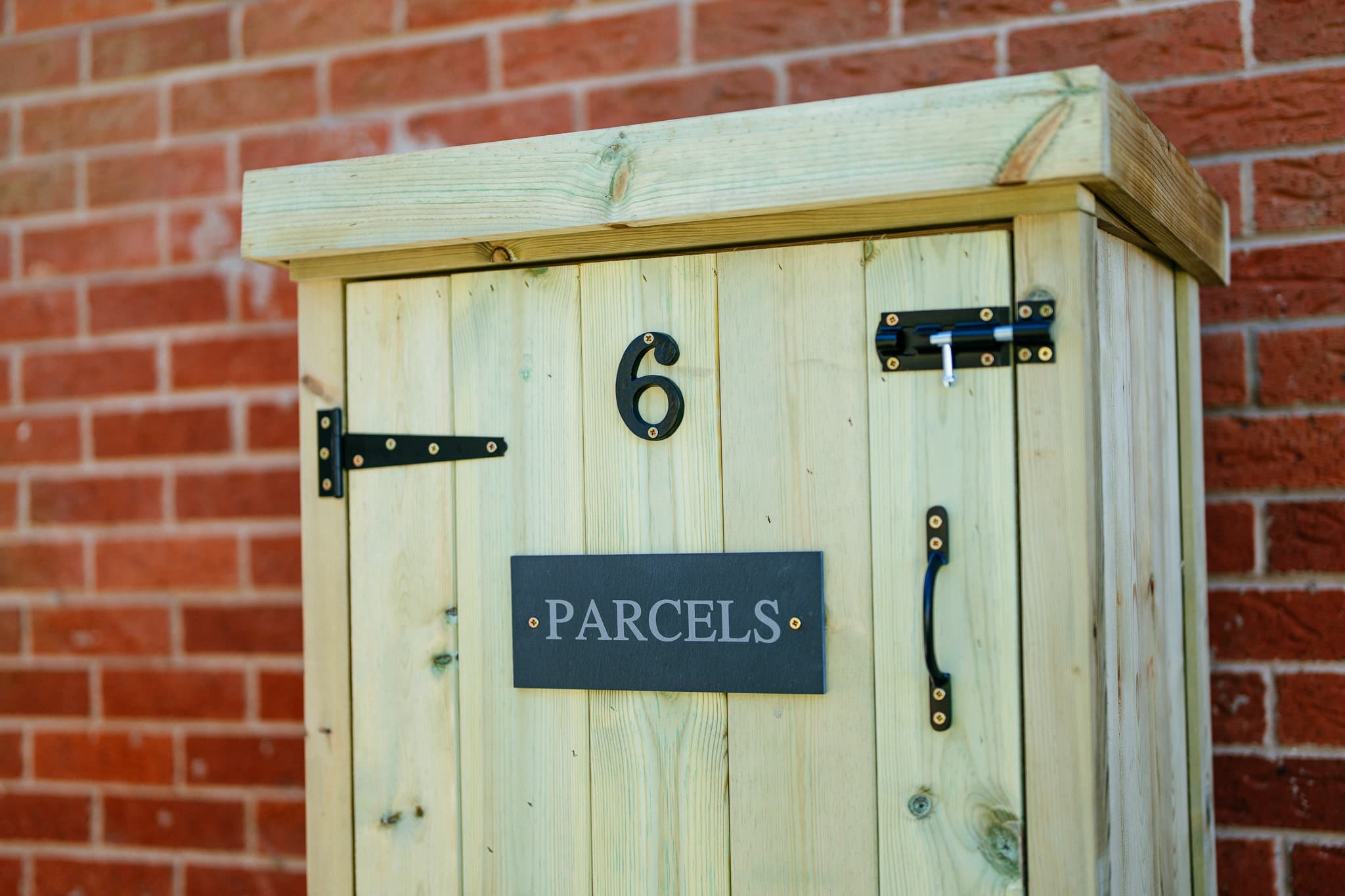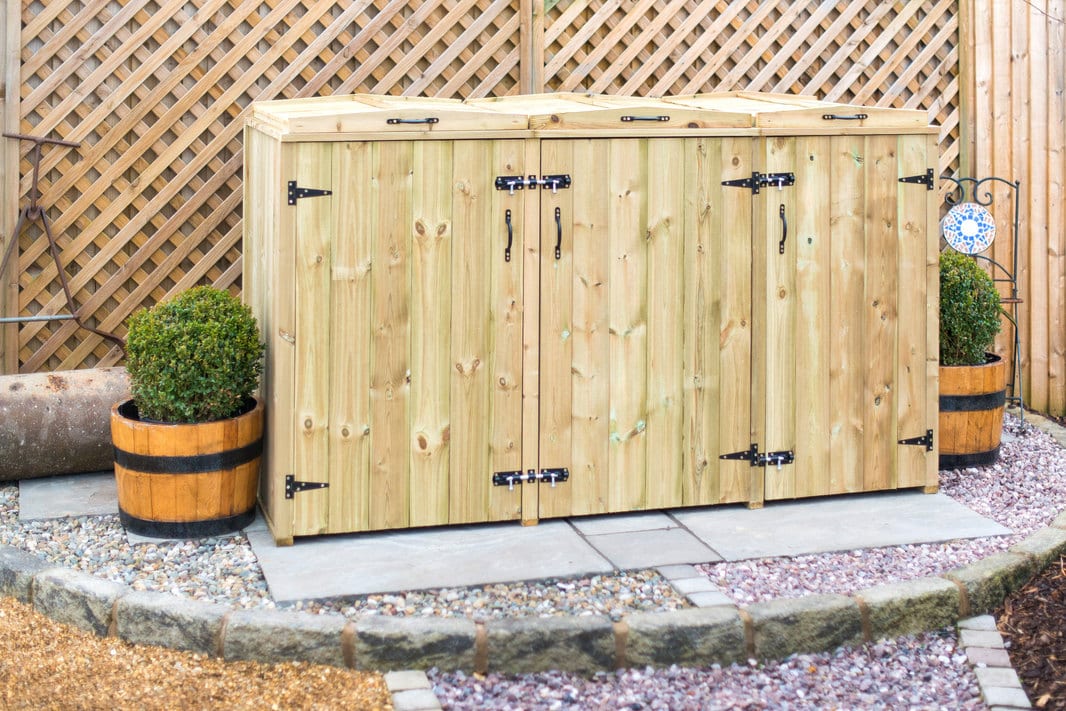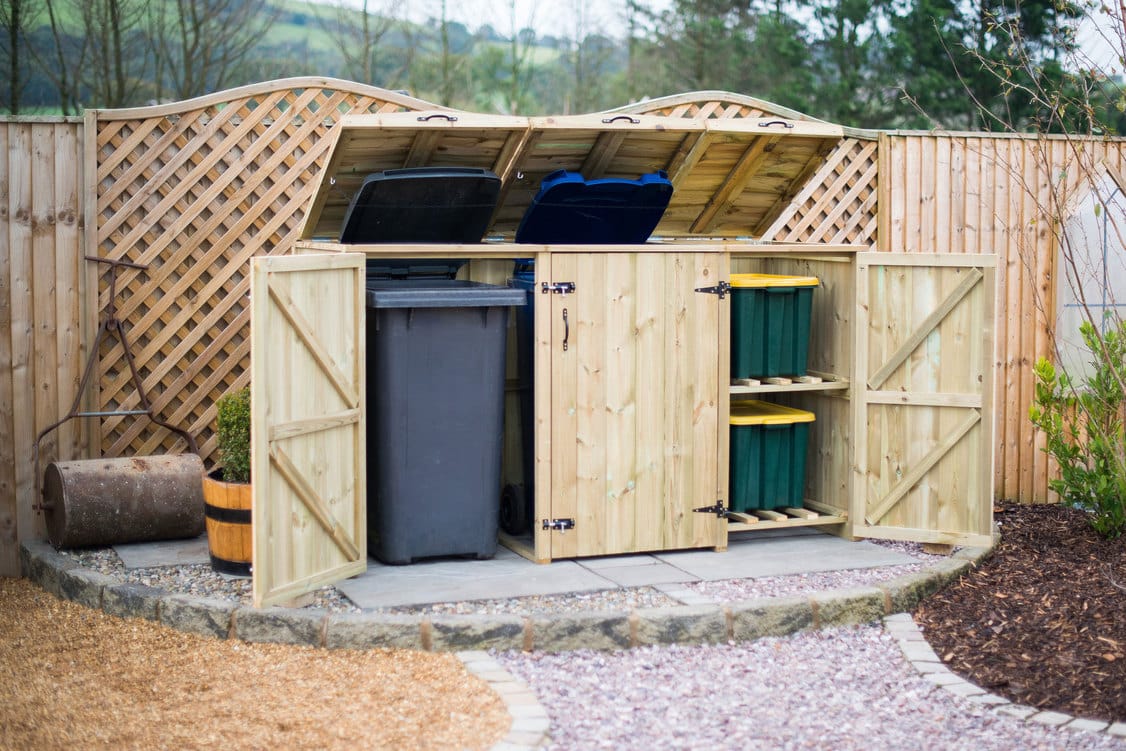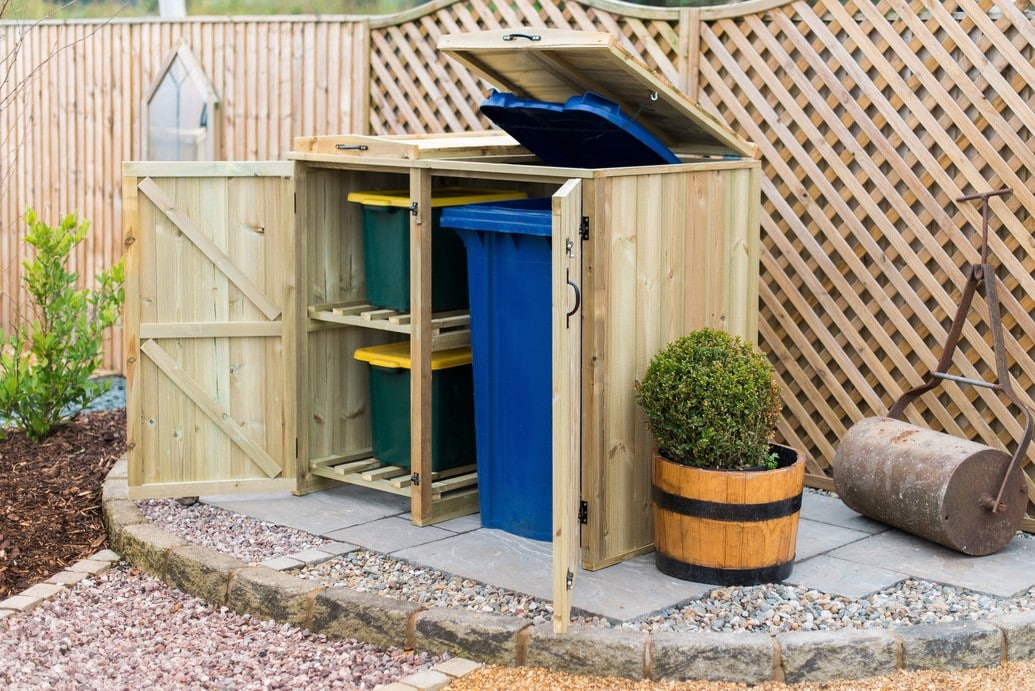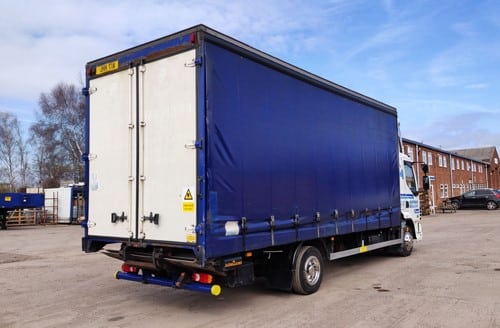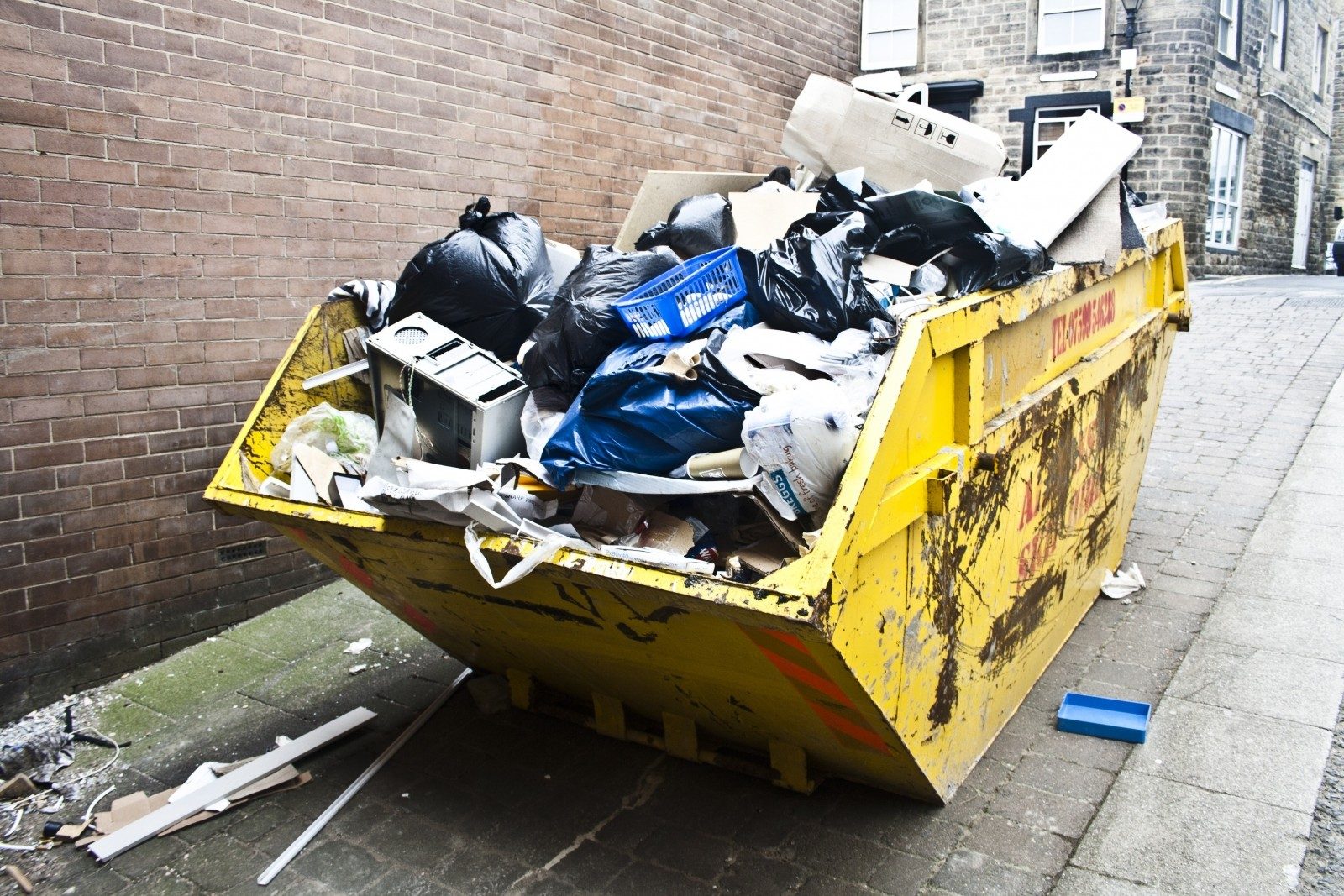How To Guides
“Special Rubbish” and What to Do With It…
For most of us, throwing things away is second nature. You take your rubbish, and you throw it in the dustbin. Easy. But there are certain kinds of things that you can't just throw away. Maybe you're using medical supplies at home, maybe you've been gardening, or perhaps you have an old appliance to get rid of. So just what are you supposed to do with things that you can't just ditch into the bin? We're taking a look at some rubbish exceptions, and how you can dispose of less than ordinary trash…
Appliances and Electrical Goods
Big appliances like fridges, cookers and the like can be a pain to get rid of. Fortunately, most local councils will collect such things for a small fee. However, more and more these days appliances are being recycled. Since 2007 the Waste Electrical and Electronic Equipment directive has been in effect in the UK. This is in keeping with EU laws about recycling. This means that if your electrical appliance (either with a plug or battery powered) features the WEEE logo it can be recycled. The local looks like a wheelie bin with a cross through it. These items can be taken to your local recycling centre, and in some cases your recycling centre will also arrange for pick up.
In terms of smaller items, your best bet is to hit up your local recycling centre, though in some areas regular bin men will collect these. Batteries, whether that's your normal AA batteries or things like mobile batteries, can generally be taken to a large electrical shop, which should have battery recycling bins (if in doubt, call ahead and ask).
Medical Waste
For those that use medical supplies at home, which can be anything from adult nappies to syringes, disposing of waste can be a problem. Biohazardous material cannot be thrown into a normal bin, and this is defined as anything that has come into contact with blood or other human waste (with the exception of baby nappies). Some other kinds of medical waste also cannot be thrown in the bin (such as some medications, IV tubing, etc.), your doctor should inform you of this when prescribing.
For the most part, your local GP should advice you on disposal of medical waste. Most councils do special med-waste pick ups, but you'll likely need a recommendation from your GP before qualifying. In the case of needles, councils offer a “sharps” pick up to empty the special disposal box you should have been given at the hospital. Again, you'll need a referral from a GP or hospital to qualify for this.
Garden Waste
Garden waste can be a tricky subject. Most councils provide you with a garden waste recycling bin (usually brown), but be aware that this is only for “soft” garden waste, which means grass cuttings, leaves, small branches and the like. However, this is normally collected as part of your regular bin collection, though some councils suspend this service during the winter.
For disposal outside of regular collection times, or disposal of “hard” garden waste such as soil, rocks, larger trees, etc. you'll need to contact your council to arrange for a specialised pick up service. You will almost certainly have to pay for this. Be aware that in order to be collected all garden waste must be securely bagged and tied up. If for some reason you cannot do this, then you'll need to arrange for a private pick up service or simply take the waste to the tip yourself.
Christmas Trees…
It's the time of year to put up a tree, but what happens when that tree comes down? If you've got a natural tree then it should be composted down. For those that don't have a garden or compost area, most councils arrange for Christmas tree recycling at the beginning of January. This is a special service, so check your council's web site for more info, but generally it is free, though there's usually only one pick up date, so you'll need to be prepared!
Big Boxes…
And with Christmas time you're also likely to have a supply of boxes, some of them too big to fit in your recycling bin. Of course, most big boxes can be recycled, and you can always take them to your local recycling centre. In some cases, recycling centres run special pick ups around the holiday season. You might also try contacting your council to see if they will pick up your boxes if you're unable to take them to the recycling centre yourself.
Bulky or Excess Items
If you can't close the lid on your wheelie bin then the bin men are unlikely to pick up your rubbish, and you might even be fined. This is why councils have extra pick up services, to come and collect rubbish that piles up after a party, say, or during a home remodel. You'll need to contact your council for this, and will certainly have to pay. However, since you're likely to be fined for having rubbish outside of your wheelie bin anyway, paying for an extra pick up is the sensible thing to do…
Other Options…
For the most part, your local council should be your first port of call when concerned with unusual rubbish problems. But more and more private companies and charities are beginning to do rubbish pick ups too, particularly when rubbish can be recycled or even used again (such as with used appliances, for example). Search the web for rubbish collection agencies in your local area, and you may find that a company is willing to come and get your stuff for free, or for cheaper than your council. If you're throwing away things like clothes, books and appliances you might also want to consider calling a local charity to see if they will take your items off your hands, and many will do this for free.
Got some unusual stuff to throw away? It's probably nothing that your council or a private collection service hasn't encountered before. So don't leave your items sitting in the garage or by the kerb, contact your council and get that trash out of there!
Photo via Nathanco.

